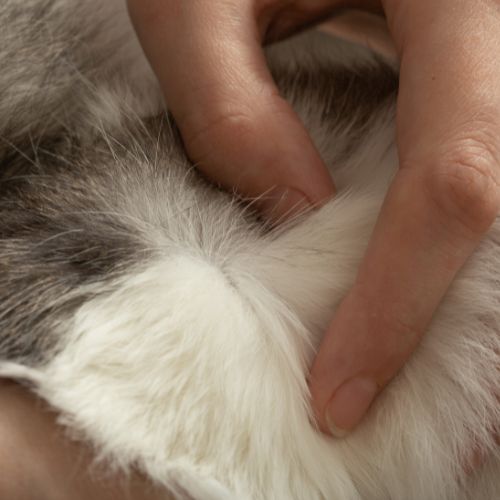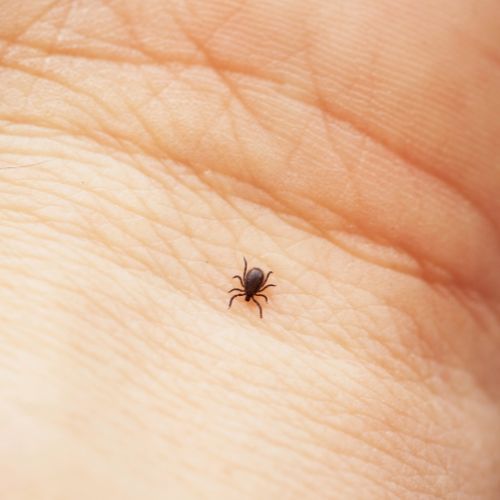How to Prevent Fleas and Ticks in North Carolina
How to Prevent Fleas and Ticks in North Carolina
Fleas and ticks aren’t pests that we think of fondly. These parasitic pests feast on the blood of humans and animals. They can also spread harmful diseases to both. Flea and tick treatment is often grouped together, but there are some differences. While ticks are typically most active in spring and summer, fleas can be a year-round pest. Both pests are preventable, though.
Let’s break down both pests and discover what they look like and how to prevent them.
Fleas
With the mild weather of North Carolina, fleas are considered a pest problem year-round. They are annoying to deal with in any situation and should be taken care of as soon as possible. Fleas are reddish-brown, wingless, and have bodies that are flattened from side to side. Fleas are hosts for many parasitic illnesses, including tapeworms. At a minimum, they can cause an allergic reaction to most and are not a concern in the US.

Fleas are found in areas outside of your home, so it’s important to begin prevention there. They like damp, shady areas and will wait around for a host to jump onto to start feeding. While they can be removed from your pet, it can be a difficult battle to eliminate them from your property. Reaching out to a pest control company is the best way to rid them from your home and yard.
Prevent Fleas:
- Treat all pets, year-round, with a flea preventative product under the guidance of a veterinarian
- Vacuum your home daily, especially where your pet spends most of its time
- Regularly wash pet bedding
- Cut back on overgrown vegetation on your property

Ticks
There are many different types of ticks found in North Carolina. They pose a threat to humans and pets, as they can transmit many diseases, including Lyme disease, Rocky Mountain Spotted Fever, encephalitis, and tularemia.
Tick season typically ends in September, though some ticks are still found in late fall. They are typically found in wooded or bushy areas and can sometimes be found indoors. Staying proactive about ticks can help you discover them more quickly, in the hopes that they have not affected your health. A good tip before removing a tick from yourself or a pet is to take a picture, so it is easier to identify, as each type of tick can transmit different types of diseases.
Prevent Ticks:
- Minimize exposed skin while hiking or being outdoors
- Thoroughly check you and your pet for ticks after being outdoors
- Wear insect repellent with at least 20% DEET
- Ask your veterinarian what preventative measures you should take for your pet
If you suspect fleas or ticks in or around your home, Carolina Pest is here to help! We use safe treatments to effectively remove ticks and fleas from your property. Give us a call today to learn more about our pest control services!
